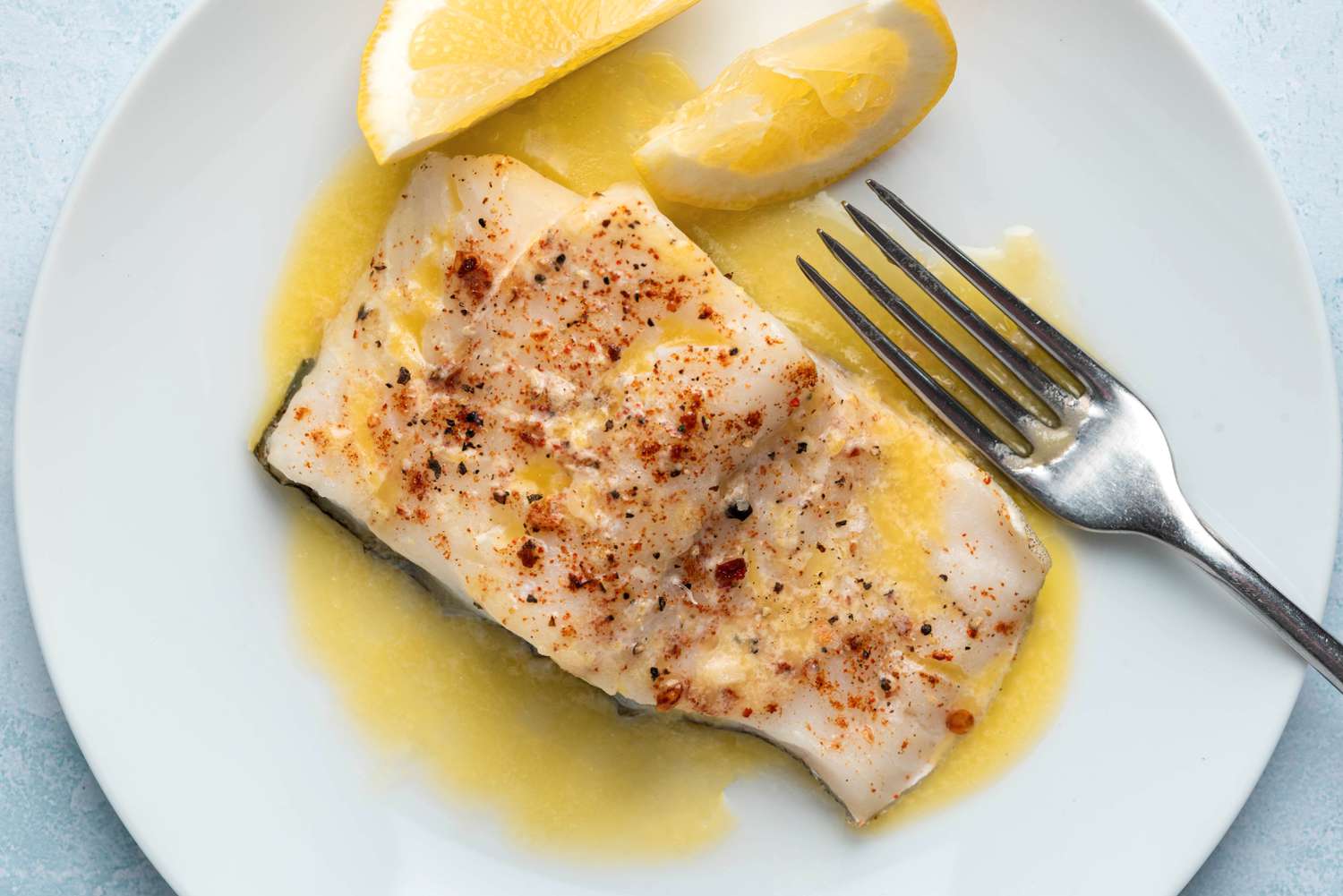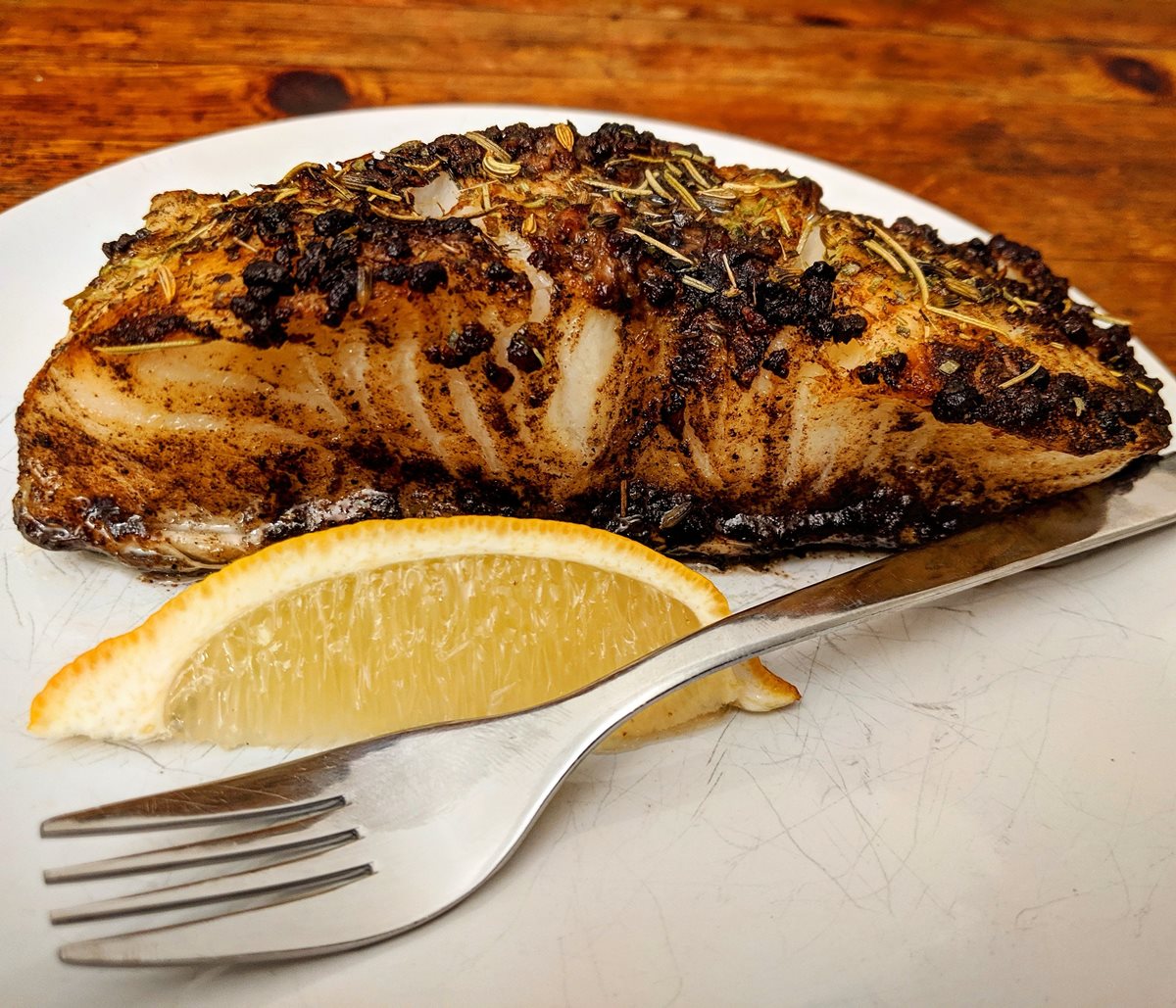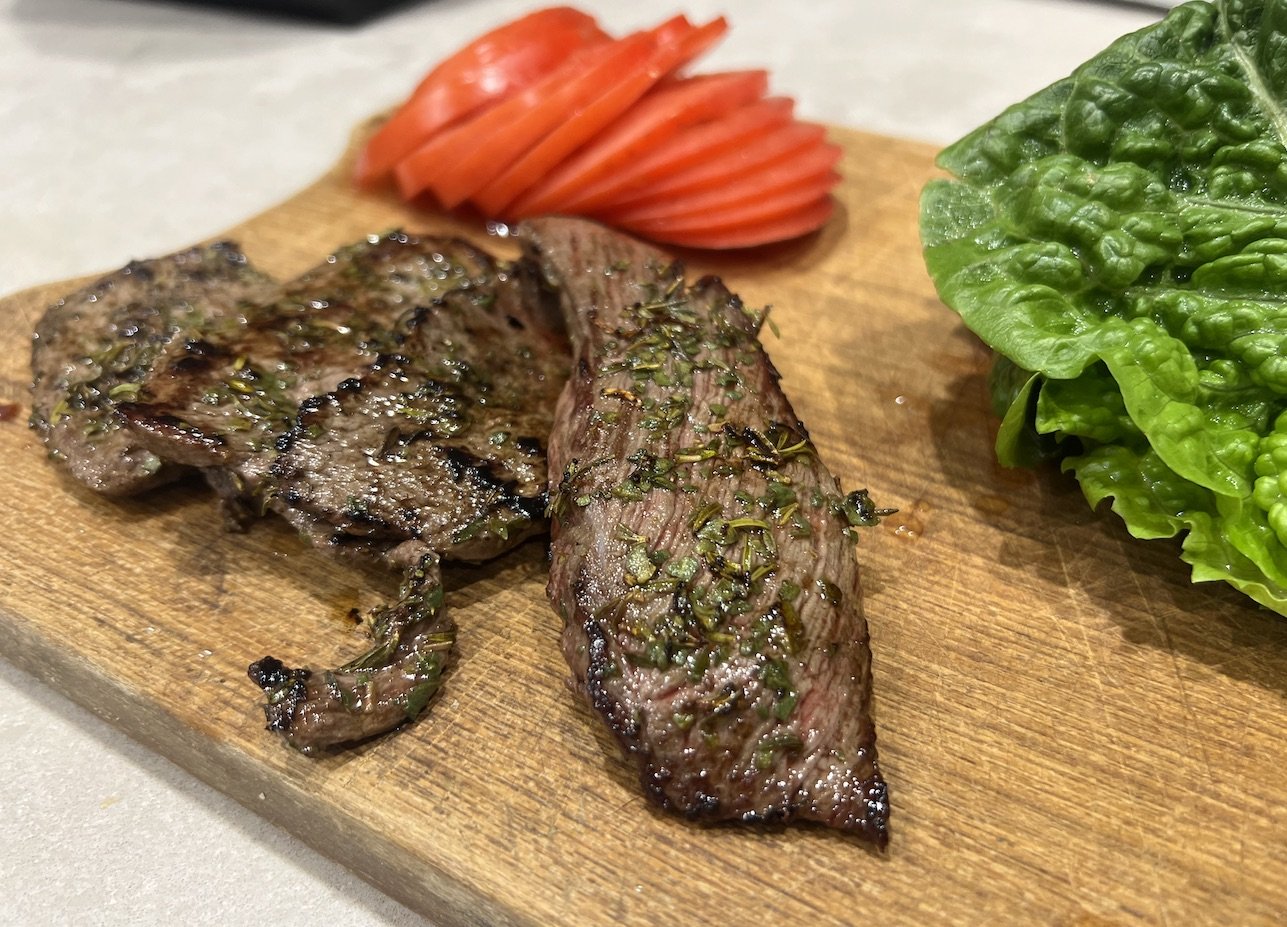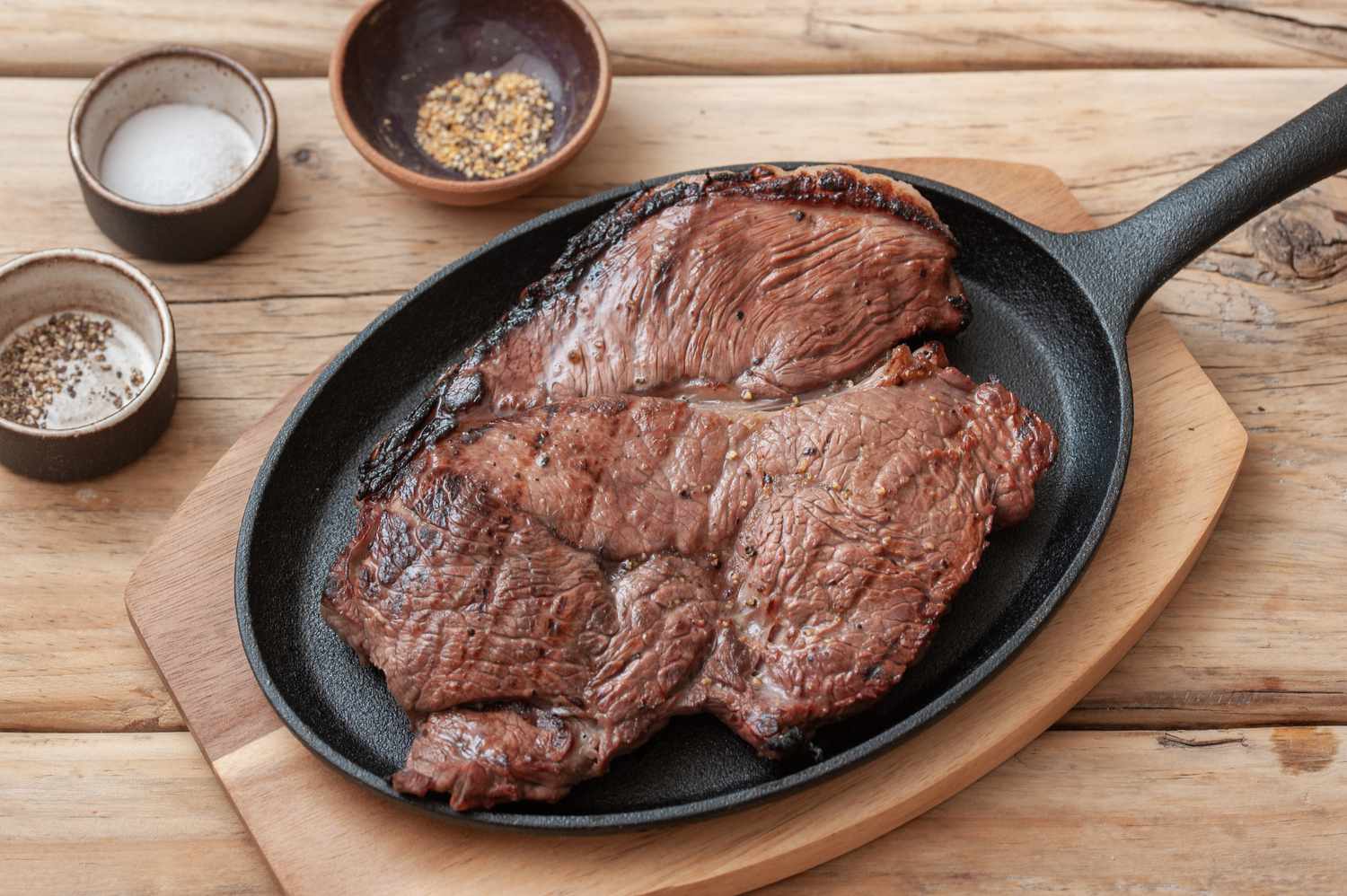Marinating Sea Bass: A Delicious Way to Enhance Flavor
Sea bass is a popular and delicious fish known for its mild flavor and tender texture. Marinating sea bass is a great way to add depth and complexity to its taste, making it even more enjoyable to eat. Whether you’re grilling, baking, or pan-searing your sea bass, a flavorful marinade can take your dish to the next level. In this article, we’ll explore the art of marinating sea bass and share some delicious recipes to try at home.
Choosing the Right Marinade
When it comes to marinating sea bass, the options are endless. From zesty citrus blends to savory herb-infused concoctions, the key is to choose a marinade that complements the natural flavors of the fish. Here are a few popular marinade ingredients to consider:
- Fresh herbs such as basil, thyme, and parsley
- Citrus juices like lemon, lime, and orange
- Garlic, ginger, and shallots for added depth
- Olive oil or sesame oil for richness
- Soy sauce or fish sauce for a touch of umami
Experiment with different combinations to find the perfect marinade for your sea bass. Keep in mind that sea bass has a delicate flavor, so it’s best to avoid overpowering it with strong, pungent ingredients.
Marinating Techniques
Once you’ve chosen your marinade, it’s time to prepare your sea bass. Whether you’re working with fillets or whole fish, the marinating process is relatively straightforward. Here’s a simple step-by-step guide to marinating sea bass:
- Place the sea bass in a shallow dish or resealable plastic bag.
- Pour the marinade over the fish, ensuring that it is fully coated.
- Cover the dish or seal the bag, then refrigerate for at least 30 minutes. For more intense flavor, marinate the fish for up to 2 hours.
- For whole fish, make sure to score the skin and coat the inside cavity with the marinade as well.
It’s important to note that acidic marinades, such as those containing citrus juices, should not be left on the fish for too long, as they can start to “cook” the fish, resulting in a mushy texture. Be mindful of marinating times to achieve the perfect balance of flavor and texture.
Delicious Sea Bass Marinade Recipes
Ready to try your hand at marinating sea bass? Here are two simple yet delicious marinade recipes to get you started:
Citrus Herb Marinade
- 1/4 cup fresh lemon juice
- 2 tablespoons olive oil
- 2 garlic cloves, minced
- 1 tablespoon chopped fresh thyme
- Salt and pepper to taste
Combine all the ingredients in a bowl and whisk until well blended. Pour the marinade over the sea bass and let it sit for 30 minutes before cooking. This bright and zesty marinade is perfect for grilling or pan-searing sea bass.
Asian-Inspired Soy Ginger Marinade
- 1/4 cup soy sauce
- 2 tablespoons rice vinegar
- 1 tablespoon grated fresh ginger
- 1 teaspoon honey
- 1 teaspoon sesame oil
Whisk together the soy sauce, rice vinegar, ginger, honey, and sesame oil. Marinate the sea bass for 30 minutes, then cook as desired. This savory and slightly sweet marinade pairs beautifully with baked or grilled sea bass.
Cooking Tips
After marinating your sea bass, it’s time to cook it to perfection. Here are a few cooking tips to ensure that your marinated sea bass turns out wonderfully:
- For fillets, grill or pan-sear over medium-high heat for 3-4 minutes per side, or until the fish is opaque and flakes easily with a fork.
- Whole sea bass can be grilled or baked at 400°F for 15-20 minutes, depending on the size of the fish. The flesh should be opaque and easily separated from the bones.
- Brush any remaining marinade onto the fish while cooking for an extra burst of flavor.
With these marinating techniques and delicious recipes, you’ll be well-equipped to elevate your sea bass dishes to new heights. Whether you prefer a bright and citrusy marinade or a savory and aromatic blend, marinating sea bass is a simple yet impactful way to enhance its natural flavors. Get creative in the kitchen and enjoy the delightful results of perfectly marinated sea bass!











